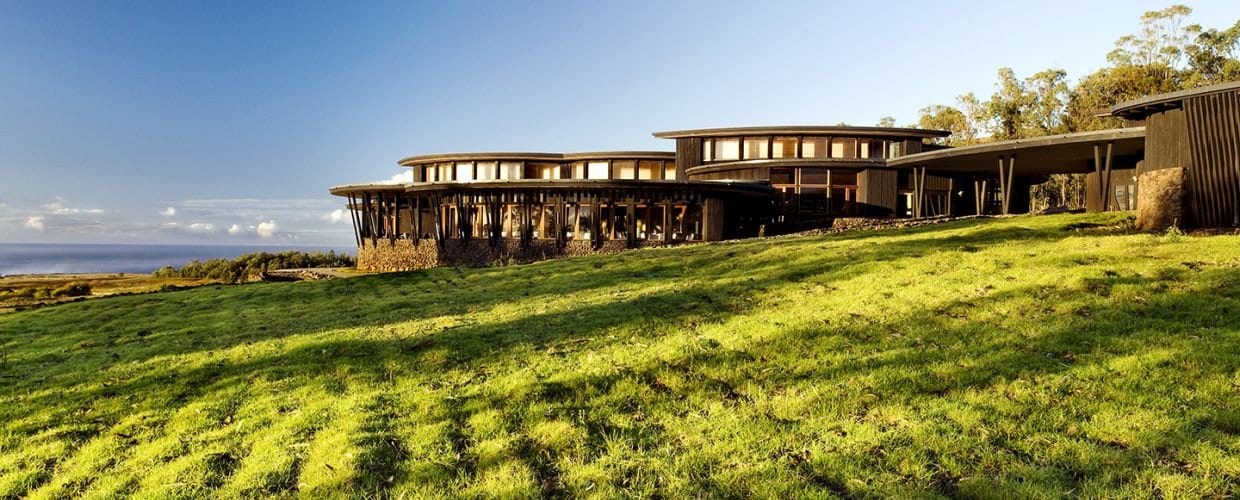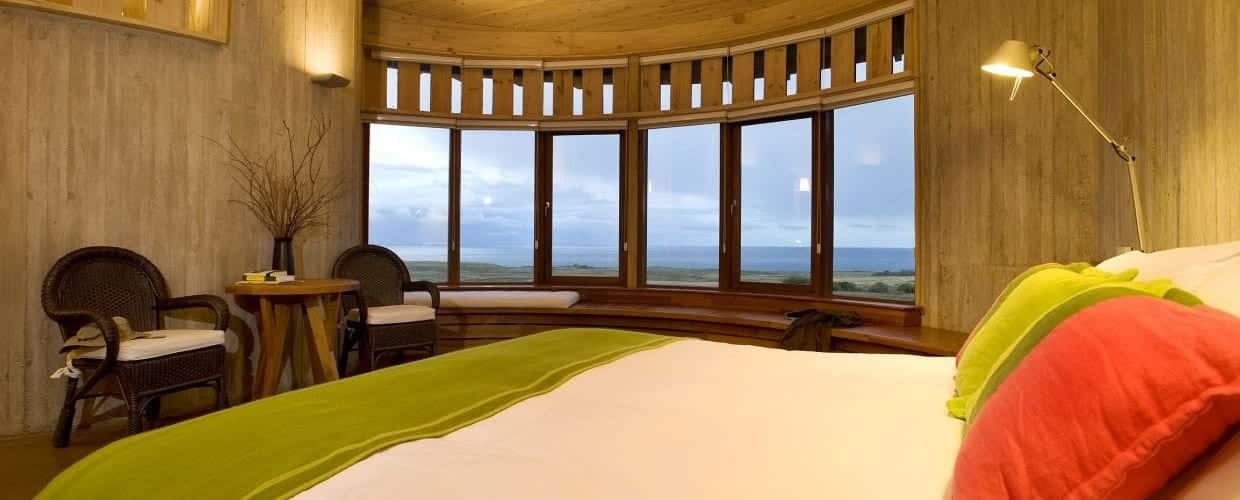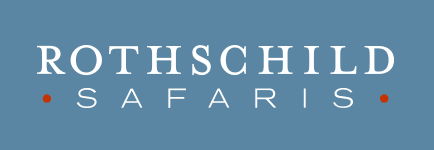At 3.700 km off the South American continent and surrounded by the clearest, deepest waters on the planet, Rapa Nui (Easter Island) has been the cradle of a unique and enigmatic culture that continues to endure today. This is also the most remote inhabited island on the planet.
A Cradle of Culture
The island’s language, music, and numerous traditions are kept alive by the island’s inhabitants, while the enormous carved stone Moai are testimony to their mysterious past. Rapa Nui was occupied around the year 600 AD, an original colony sanctified in myth, whose protagonist is Chief Hotu Matu’a, the first king and founding figure of the Rapa Nui culture.
The overexploitation of the island’s resources in the fifteenth century sent the culture into crisis, which caused the established ruling class and ideological system to collapse. The Moai were toppled and the devotion to ancestors was abandoned.
During this time, in 1722, the expedition of a Dutchman by the name of Jacob Roggeveen arrived to the island, who later divulged the existence of Rapa Nui to Europe.
Contact with the West was catastrophic for the inhabitants of Rapa Nui. Almost a third of them were taken to Peru to be used as forced labor. A few managed to return to the island, introducing epidemics that reduced the population to 111 people.

Eventually the island’s leaders came to power and authority through ritual competitions. The most important of these was the birdman ceremony, Tangata Manu, held every year at the advent of spring. In it, representatives of different lineages competed to be the first to acquire an egg of the manutara seagull.
The chosen representatives gathered in the ceremonial center Orongo, where they then had to descend the treacherous cliffs and swim to the small island of Motu Nui, obtain an egg, and return it to Orongo intact. The winner was anointed as Tangata Manu, reincarnation of the creator god Make Make, and awarded numerous privileges.
Currently on the island there are several active groups of dance and music that regularly offer traditional shows which you can attend in the evenings.
Experience This Rich Culture in Comfort
We love how this lodge blends Easter island’s unique geography and heritage with modern comforts and architecture.
The 30 rooms of Explora Rapa Nui are designed to take full advantage of the silence, privacy, and spaciousness of the surrounding landscape, ensuring deep rest after a long day of exploration. At the lodge, focus is on experiencing the mystery and beauty of the island. As such, there is no wifi or televisions in the rooms and limited access in the hotel’s common areas.

We love the Raa suites with stunning views out to the sea. At the lodge, food is sourced locally and infused with flavors drawn from the local culture. Expect plenty of fresh, grilled fish and locally grown produce.
Here you can explore this remote island by biking, hiking, boat trips and even snorkeling! Interested in learning ore about this ancient culture and explore the world’s most remote island? Contact us today to start customizing your journey!
